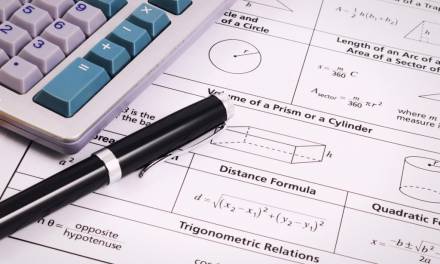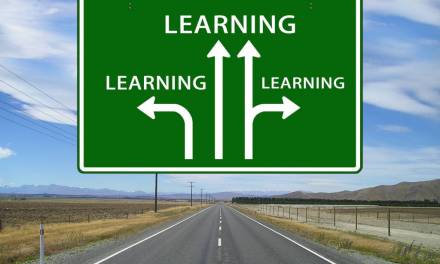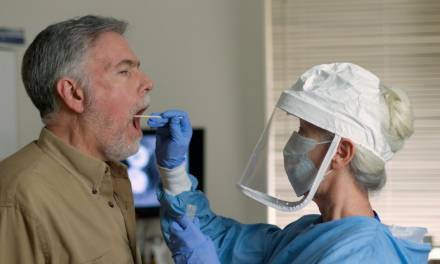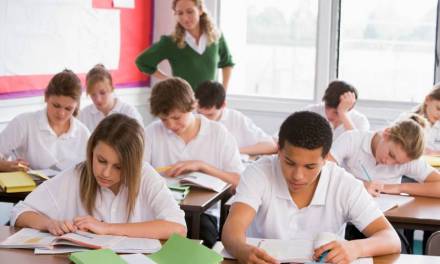Students have great capacity to develop and to better every aspect of their lives whilst at school and in preparation for further education or work.
Most capacity though lays dormant unless challenged – similar to a ballerina at the barre each day or a violinist practising and learning new scales every day. If pupils take their thinking methods for granted and they aren’t given the opportunity to have knowledge of and embrace the skill of critical thinking they won’t improve.
Developing the skill of critical thinking takes time because it’s hard to break out of current learning habits. A student isn’t able to become an excellent thinker just because they want to; it’s a process which can take a great deal of time and requires constant work and the willingness to accept this.
To develop as a critical thinker, the teacher must base lesson plans and activities around the stages for development.
Critical thinking stages of development
1. Unreflective thinker: student unaware of thinking issues
2. Challenged thinker: student is aware there are thinking issues
3. Beginning thinker: student attempts improvement but there is no regular practising of skills
4. Practising thinker: student realises the need to regularly practise their skills
5. Advanced thinker: student makes significant progress advances
6. Master thinker: student becomes skilful and has insight and this style of thinking becomes second nature to them
To change thinking habits, students must first acknowledge thinking habits and issues and commit to development and regular practise of activity to move through the stages.
Strategies to develop as a critical thinker
1. Keep a diary
Ask the class to keep a diary and at the beginning of the week hold a lesson where the students write a number of entries. These would cover writing on four stages:
- Describe an emotionally significant situation; keep it to one situation at a time, don’t mix them together
- Describe the response to this situation. There is a need to be exact and specific
- Analyse what was happening, dig beneath the surface
- Assessment; what has the student learned about themselves and how they analysed the situation and what would they do differently next time
2. Emotional analysis
Design class activities around negative emotion and how to recognise them and how they are handled. Create discussion and reflection around why these emotions are caused and other ways to approach situations.
3. Look at group and peer influences in life
Students can be heavily influenced in their thinking and decision making by their surrounding group of friends and classroom peers. Encourage the students to think about their individual groups of friends and anything they are told they ‘have’ to do, are ‘required’ to think or are ‘forbidden’ to carry out. Groups all enforce conformity at some level and it will be a useful exercise for students to look to realise how much peer pressure they could be conforming to and whether the right thing to do is accept or reject the pressure.
The overall ethos of helping the students to develop critical thinking skills is that they are engaging in an experiment where they are the subject and that they are testing day to day ideas of how they live and what they believe. Once they can begin to redefine how they see things, be in touch with their emotions and look and understand how groups influence them, they can make strides towards major advances in their critical thinking skills and take this experience into the rest of their life after they leave school.










